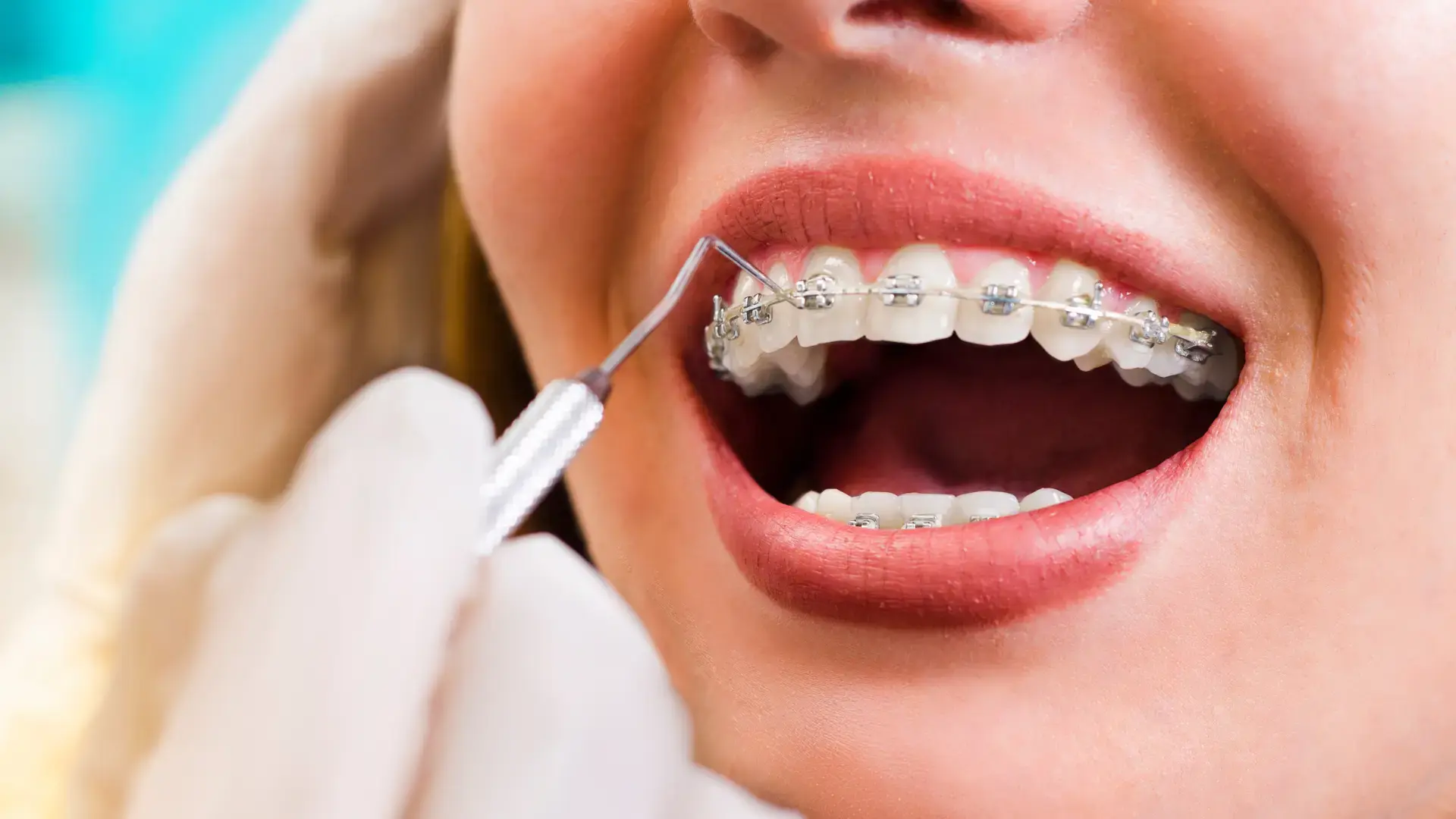Finding Dental Implants That Will Stand the Test of Time and Look Great

Summarize with AI
In today’s dentistry world, dental implants play a significant role in restoring oral health for individuals who have experienced tooth loss. They are designed to mimic natural teeth’s functionality and aesthetics, offering a comfortable and durable solution. Unlike traditional dentures or bridges, dental implants have the ability to stand the test of time due to their secure integration with the jawbone. The result? A natural-looking, long-lasting smile that significantly boosts your confidence and quality of life.
Key Components: Ensuring the Longevity of Dental Implants
To fully appreciate the durability of dental implants, it’s essential to understand their components. A typical dental implant consists of a titanium post, an abutment, and a crown.
- Titanium Post: Acting as the new root of the tooth, the titanium post is surgically implanted into the jawbone. Titanium is known for its strength and compatibility with the body, promoting osseointegration – a process where the bone cells grow around the implant, securing it firmly.
- Abutment: This is a connector placed on top of the titanium post, serving as a support for the crown.
- Crown: This is the visible part of the implant, designed to look and feel like a natural tooth.
Each of these components plays a critical role in the longevity of the dental implant and the overall aesthetic result.
Factors to Consider When Choosing Dental Implants
Choosing the right dental implants is paramount to their longevity and maintaining their aesthetic appeal. This decision is multi-faceted and involves several key factors that can significantly contribute to the success and lifespan of your dental implants.
Material
Titanium has been widely used in dental implants for many years, known for its successful osseointegration and resistance to corrosion. Its flexibility and ability to withstand strong forces make it an excellent choice for implant stability and longevity.
Zirconia, a newer material in dental implants, has gained popularity for its natural tooth-like color, providing a more aesthetically pleasing appearance while also offering biocompatibility and strength.
Oral Surgeon’s Expertise
The placement of dental implants is a delicate procedure that necessitates a skilled and experienced dental surgeon. The surgeon’s knowledge, training, and experience can significantly impact the outcome of the surgery, from the initial placement to the final restoration.
An experienced dental surgeon will not only ensure accurate implant placement, thereby minimizing potential complications, but will also carefully consider the aesthetic outcome. They will precisely position the implant to support a restoration that complements your facial structure, matches the color and shape of your existing teeth, and achieves a natural-looking smile.
It is, therefore, vital to research and choose a dental surgeon with a proven record of successful implant procedures.
Patient’s Health
The patient’s overall health and lifestyle habits also play an integral role in the success and longevity of dental implants. Systemic conditions such as diabetes can affect the body’s healing process and potentially interfere with successful osseointegration, thereby impacting the stability and durability of the implant.
In addition to systemic health, lifestyle habits can influence implant success. For instance, smoking can impair blood flow to the gums, impeding healing and increasing the risk of complications post-surgery. Furthermore, poor oral hygiene can lead to gum disease, which can undermine the supportive structure of the implant.
Hence, maintaining good overall health, abstaining from harmful habits like smoking, and committing to rigorous oral hygiene practices are critical for the success of your dental implants.
Taking Care of Dental Implants: A Key to Longevity and Aesthetics
Despite their durability, dental implants still require proper care and maintenance. Similar to natural teeth, they should be brushed twice a day with a soft-bristled toothbrush and flossed daily. Non-abrasive toothpaste is recommended to avoid scratching the surface of the implant. Regular check-ups and professional cleanings are also essential to monitor the implant and the surrounding gums and bone.
Moreover, while dental implants are resistant to cavities, they are not immune to gum disease. Therefore, maintaining good oral hygiene habits is essential to prevent any inflammation or infection that could compromise the implant.
The Perfect Blend of Durability and Aesthetics
Dental implants have revolutionized the way we deal with tooth loss, offering a solution that is both durable and aesthetically pleasing. Through the use of high-quality materials, skilled dental surgeons, and a commitment to good oral hygiene, dental implants can provide a long-lasting, natural-looking solution that enhances your smile and overall oral health.
If you’re considering dental implants, we invite you to schedule a consultation with our experienced dental professionals. This consultation is your opportunity to learn more about dental implants and how they could be a solution to your unique dental needs. We’ll assess your oral health, discuss your aesthetic goals, and explain the implant process, ensuring you have all the information you need to make an informed decision.


